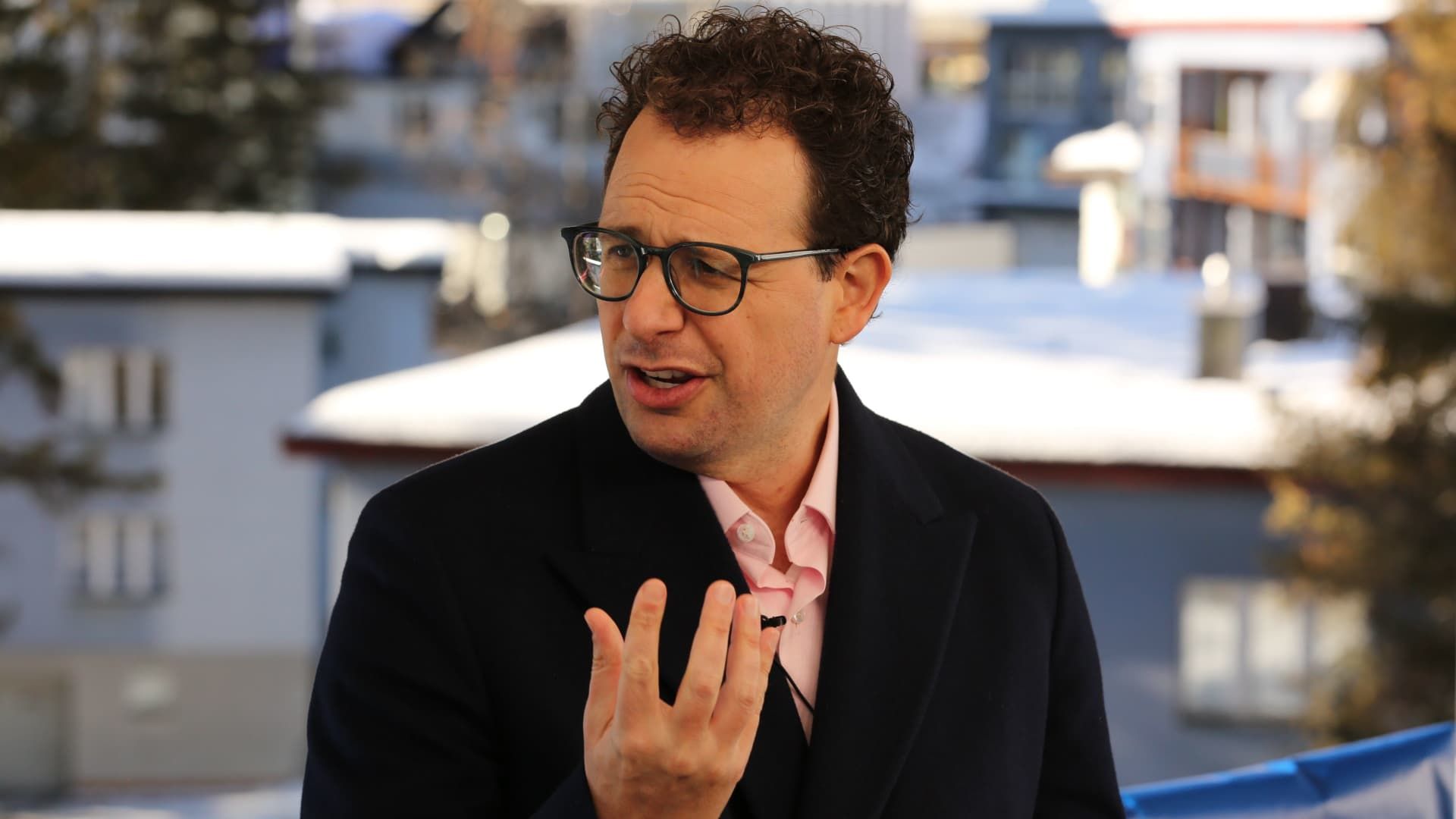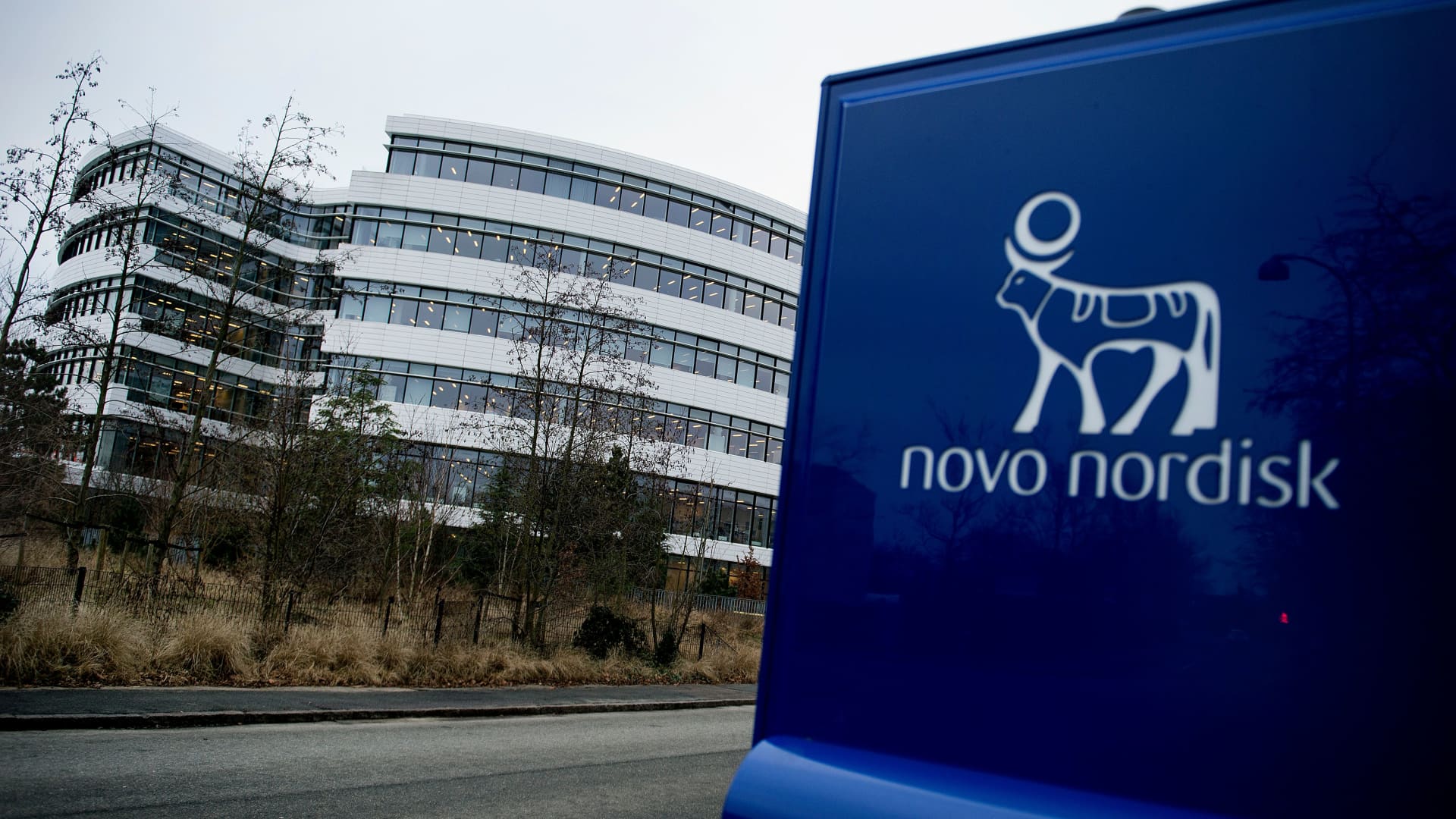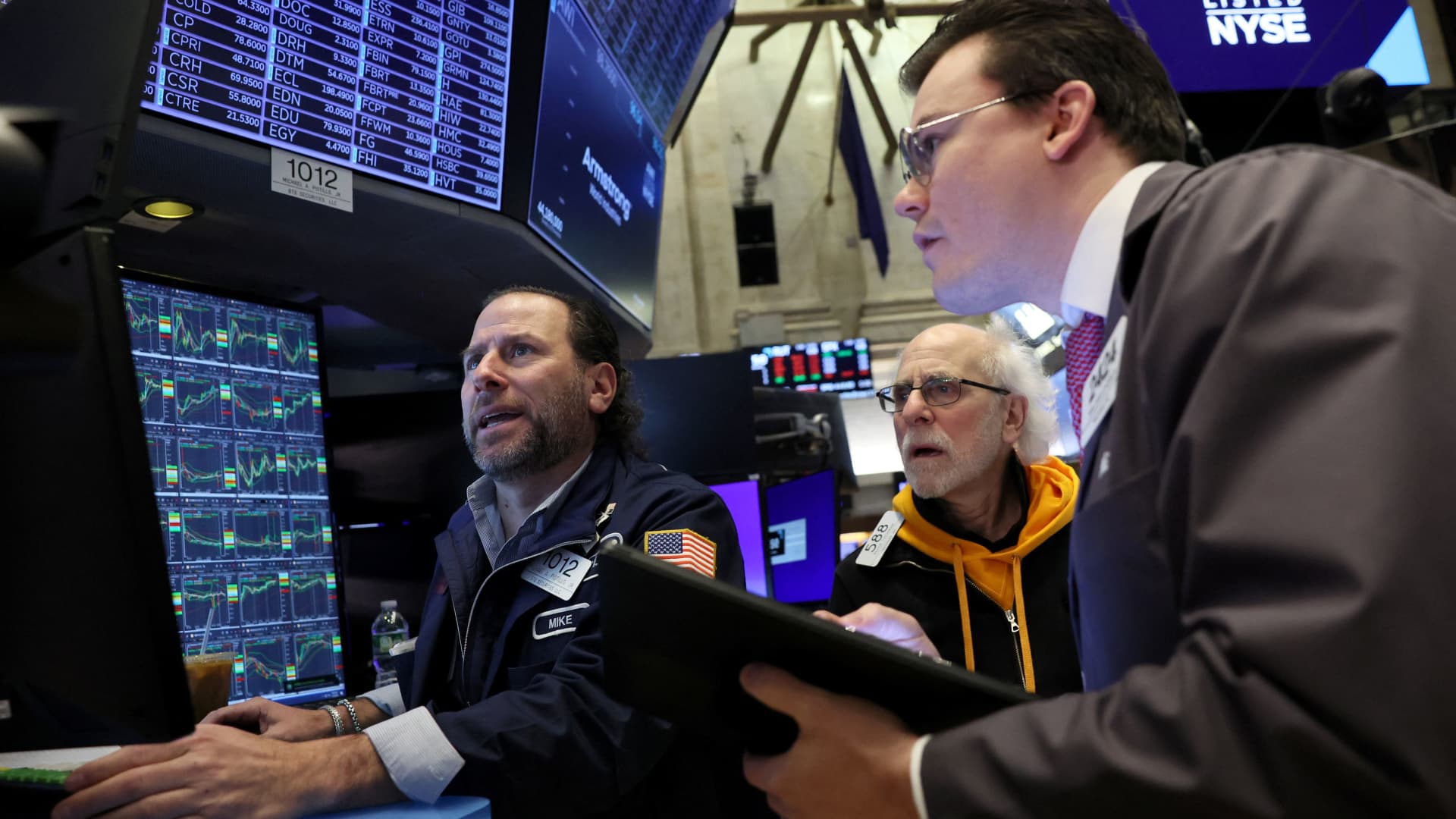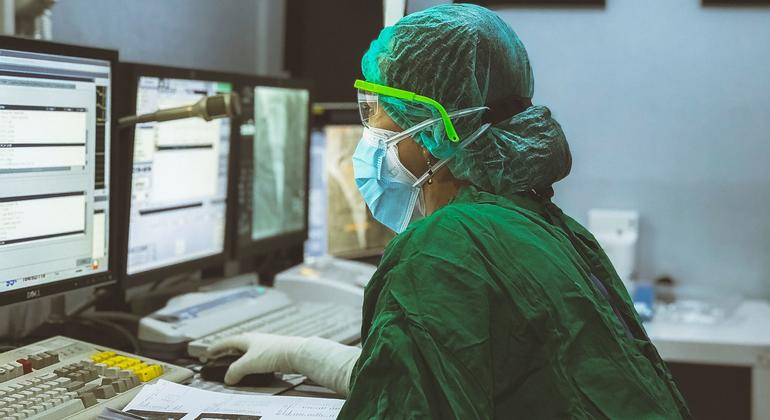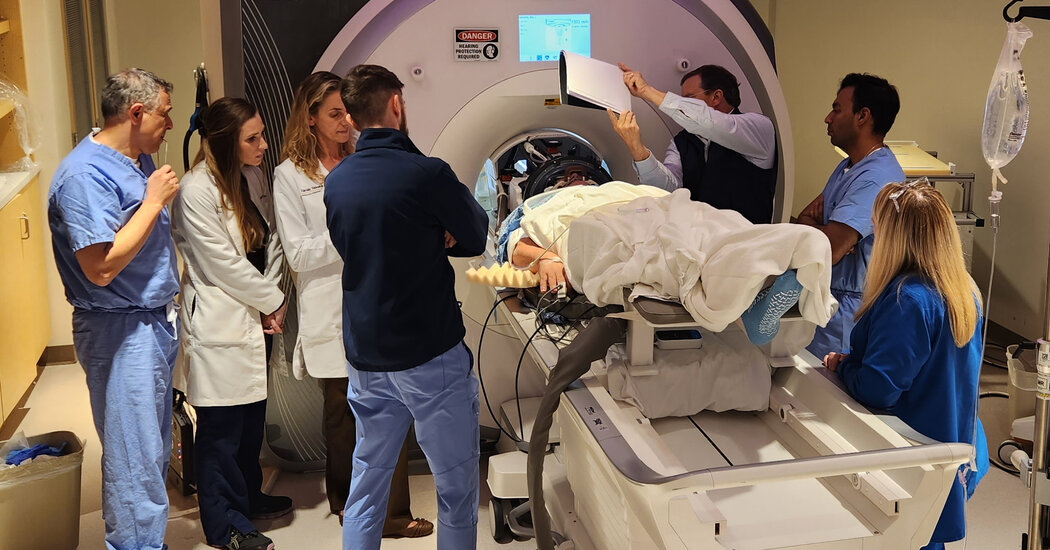Dario Amodei, CEO of Anthropic, speaking on CNBC's Squawk Box outside the World Economic Forum in Davos, Switzerland, on January 21, 2025.
Gerry Miller | CNBC
Anthropic on Monday announced Claude for Life Sciences, a new offering for researchers to use the company's artificial intelligence technology to advance scientific discovery.
Claude for Life Sciences builds on Anthropic's existing AI models, but supports new connections to other scientific tools commonly used in laboratories during research and development.
You will be able to assist researchers at all stages of the discovery process, from conducting literature reviews to developing hypotheses, analyzing data, writing regulatory submissions and more, Anthropic said.
The launch of Claude for Life Sciences marks Anthropic's first formal entry into the sector and comes just months after the company hired veteran industry executive Eric Kauderer-Abrams as head of biology and life sciences.
“Now is the defining moment for us where we've decided this is a big investment area,” Kauderer-Abrams told CNBC in an interview. “We want a significant percentage of all life sciences work in the world to be executed in Claude, in the same way that coding is today.”
Anthropic, which is one of the companies at the center of the AI boom, develops a family of large language models called Claude. It was founded in 2021 by a group of former OpenAI executives and researchers, and its valuation has risen to $183 billion in just four years.
The company released a new model, Claude Sonnet 4.5, late last month and said it is “significantly better” at life sciences tasks such as understanding laboratory protocols.
Kauderer-Abrams said researchers have already been working with Anthropic models to help with isolated parts of the scientific process, so the company decided to formally build Claude for Life Sciences as a way to support them from start to finish.
That meant Anthropic had to establish integrations with key players in the life sciences ecosystem, including Benchling, PubMed, 10x genomics and Synapse.org, among others. Anthropic has also partnered with companies that can help life sciences organizations adopt AI, such as Caylent, KPMG, Deloitte, and cloud providers AWS and Google Cloud, the company said.
“We're willing and excited to do that work to make sure all the pieces fit together,” Kauderer-Abrams said.
In a prerecorded demo, Anthropic showed how a scientist working on preclinical studies could use Claude for Life Sciences to compare two study designs testing different dosing strategies.
The scientist was able to query her lab data directly from Benchling, generating a summary and key difference tables with links to the source material. After reviewing the results, the scientist generated a study report that could be included in a regulatory submission.
Anthropic said an analysis like this used to require “days” of validation and data collection, but now it can be done in minutes.
Kauderer-Abrams said the company believes AI can deliver real efficiency gains for the life sciences sector, but is also under “no illusions” that it will magically overcome the physical limitations of conducting scientific research. Clinical trials that last three years won't suddenly take a month, he said.
Instead, Anthropic is focused on exploring the expensive and time-consuming parts of the discovery process “piece by piece” to determine where AI could be most useful.
“We are here to make sure that this transformation happens and that it is done responsibly,” Kauderer-Abrams said.
LOOK: Anthropic launches Claude Sonnet 4.5, its latest AI model

